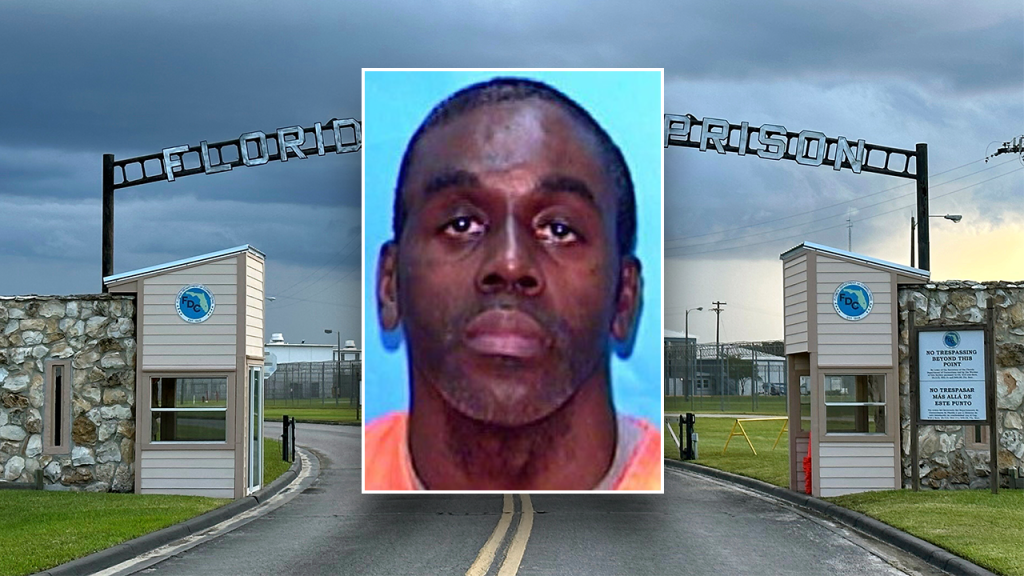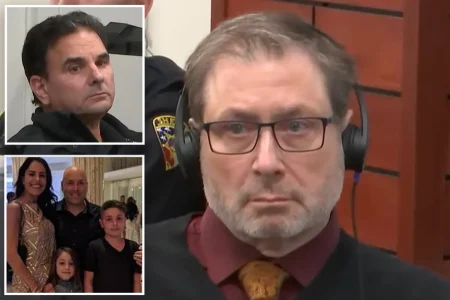Florida Set to Extend Record of Executions with Upcoming Case of Victor Tony Jones
In a year that has already broken records for capital punishment in Florida, the state is preparing for yet another execution. Victor Tony Jones, a 64-year-old man convicted of the fatal stabbing of a married couple during a 1990 robbery, has been scheduled to die by lethal injection on September 30th. This execution, authorized by Governor Ron DeSantis last Friday, would mark Florida’s thirteenth execution of the year, further extending the state’s unprecedented pace in carrying out death sentences. The Sunshine State has already executed more people in 2024 than any other state, with Texas and South Carolina tied for a distant second with four executions each. Just days ago, Florida carried out its eleventh execution when Curtis Windom was put to death, and David Pittman is scheduled to face lethal injection on September 17th, shortly before Jones.
This surge in executions represents a significant shift in Florida’s application of capital punishment. Prior to this year, the state’s record for executions in a single year stood at eight, set back in 2014 after the death penalty was reinstated in 1976. The dramatic increase has contributed to a nationwide rise in executions, with 30 people having been put to death across the United States so far this year – already surpassing last year’s total of 25. Analysts note that the country hasn’t seen execution numbers this high since 2014, when 35 people were executed nationwide. Florida’s aggressive approach to clearing its death row has become a defining feature of the criminal justice landscape in 2024.
The case of Victor Tony Jones dates back to December 1990, when he had recently begun working at a Miami-Dade business owned by Matilda and Jacob Nestor. According to court records, Jones attacked the couple, stabbing Matilda in the neck and Jacob in the chest during what investigators determined was a robbery. In a dramatic turn of events that would later provide crucial evidence, Jacob Nestor, though mortally wounded, managed to reach an office where he kept a .22-caliber pistol. Before succumbing to his injuries, he fired five shots, striking Jones once in the forehead. When authorities found Jones, he was wounded and still had the Nestors’ money and personal belongings in his pockets – compelling evidence that led to his conviction in 1993 on two counts of first-degree murder and two counts of armed robbery.
Jones’s path to execution has been long and winding through the legal system. After his 1993 conviction, he was sentenced to death, beginning a three-decade journey through appeals and legal challenges. Now, as his execution date approaches, Jones’s legal team is mounting final efforts to save his life. They have filed an appeal with the Florida Supreme Court seeking to block the execution, and they are expected to petition the U.S. Supreme Court as well. These last-minute legal maneuvers are standard in death penalty cases, though they face increasingly steep odds in Florida’s current climate of accelerated executions. The courts will need to decide quickly whether there are sufficient grounds to halt the process or if Jones’s case will become the latest in Florida’s record-breaking year.
The dramatic increase in Florida executions raises important questions about the state’s approach to capital punishment. Supporters of the death penalty, including Governor DeSantis, have framed the increase as evidence of the state’s commitment to justice for victims and their families. They point to the heinous nature of crimes like those committed by Jones as justification for the ultimate punishment. Critics, however, have expressed concern about the rapid pace of executions, questioning whether adequate time is being allowed for final appeals and whether the surge reflects political considerations rather than careful judicial deliberation. Death penalty opponents have also highlighted ongoing national debates about the humaneness of execution methods, the risk of executing innocent people, and disparities in how capital punishment is applied.
As September 30th approaches, Victor Tony Jones’s case adds another chapter to Florida’s evolving relationship with capital punishment. His scheduled execution, if carried out, will not only extend the state’s record but also cement Florida’s position as the nation’s leader in applying the death penalty in 2024. For the families of Matilda and Jacob Nestor, the execution would represent the final legal conclusion to a tragedy that has spanned more than three decades. For Jones, it would end a life largely defined by a terrible crime committed in 1990 and the long years of incarceration that followed. And for Florida, it would further distinguish the state’s approach to criminal justice at a time when many other states have moved away from or significantly slowed their use of capital punishment. As legal challenges unfold in the coming weeks, all eyes will be on the courts to determine whether this record-extending execution will proceed as scheduled.









